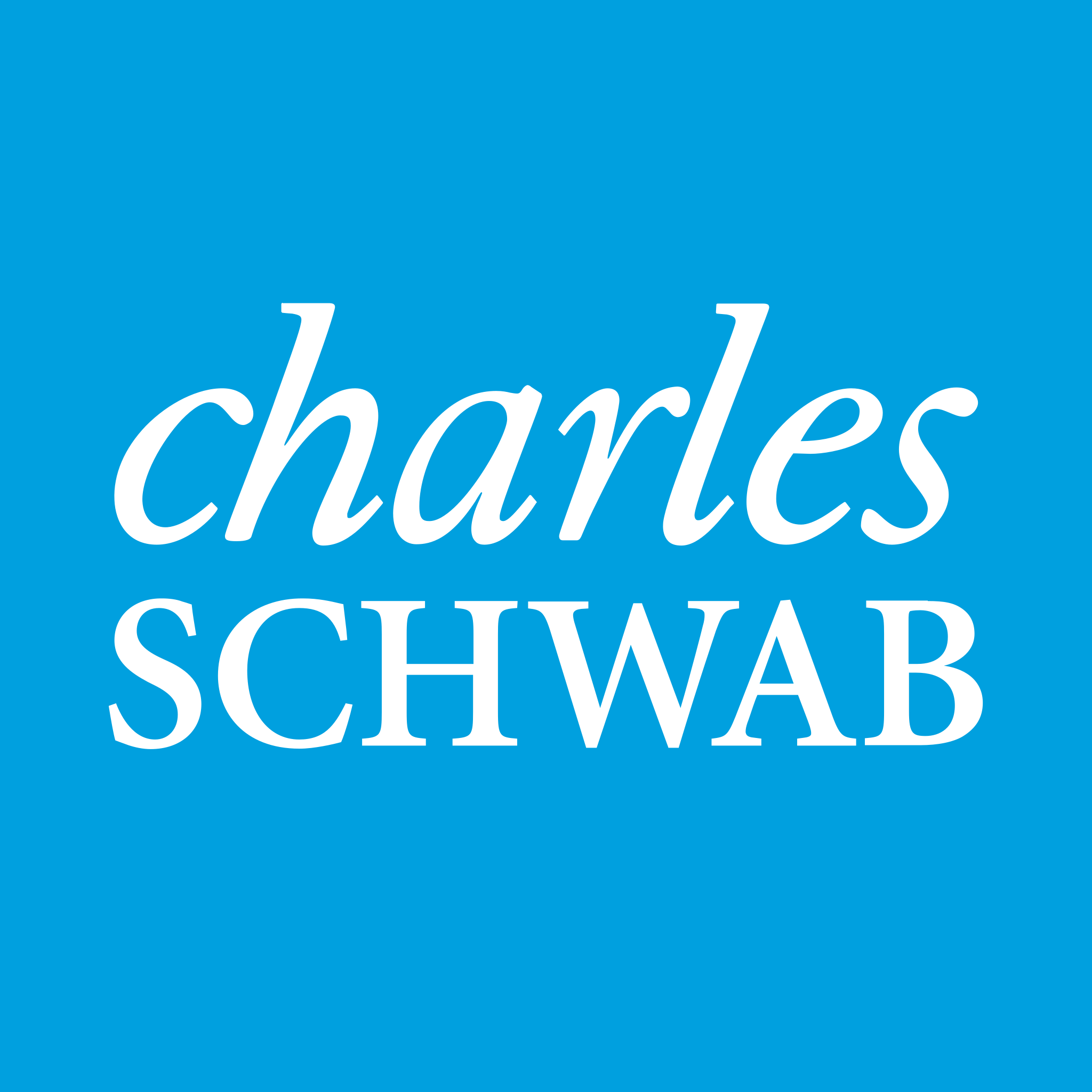Glossary: Direct Market Access (DMA)
Content Disclaimer: The information provided in this article is for informational purposes only and should not be considered financial advice. Always conduct thorough research and verify details directly with the relevant provider before making any financial decisions. Details mentioned may be outdated or inaccurate.
Disclaimer: Our website may contain affiliate links. This means that we may earn a small commission if you make a purchase or sign up through these links. Full disclaimer Here.
Direct Market Access (DMA) refers to the ability of institutional traders and professional investors to place orders directly into the market without the intermediation of a broker. This access allows for faster execution and greater control over trading strategies, as participants can manage their orders in real time. DMA is facilitated through electronic trading platforms, which provide users with the necessary infrastructure to interact with market exchanges directly.
How DMA Works:
DMA operates through sophisticated trading systems that connect traders directly to the order book of exchanges. This connection minimizes latency and enhances the speed at which orders are executed. The following components are essential for DMA:
- Electronic Trading Platforms: Software systems that provide access to multiple trading venues.
- API Integration: Application Programming Interfaces allow traders to interface their own systems with market exchanges.
- Connectivity Providers: Companies that ensure robust and fast connections to various exchanges.
Benefits of DMA:
The advantages of using Direct Market Access include:
- Speed: Orders can be executed almost instantaneously, which is crucial in a fast-paced trading environment.
- Cost Efficiency: Reduces transaction costs by minimizing the need for intermediary brokers.
- Control: Traders have the ability to customize their trading strategies and manage their orders directly.
- Transparency: Users gain access to market data in real-time, enabling informed decision-making.
Real-Life Examples of DMA:
Several financial institutions and trading firms utilize DMA to enhance their trading capabilities:
- Hedge Funds: Many hedge funds deploy DMA to leverage algorithmic trading strategies, allowing them to react quickly to market changes.
- Proprietary Trading Firms: These firms often rely on DMA to execute high-frequency trading strategies that depend on speed and accuracy.
- Institutional Investors: Large asset managers use DMA to manage large orders discreetly, mitigating market impact while obtaining favorable prices.
Conclusion:
Direct Market Access fundamentally alters how traders interact with the financial markets. By leveraging technology to bypass traditional brokerage services, traders can achieve faster execution, greater control, and improved operational efficiencies. As financial markets continue to evolve, the importance of DMA is likely to grow, making it an essential tool for modern traders.
Disclaimer: Our website may contain affiliate links. This means that we may earn a small commission if you make a purchase or sign up through these links. Full disclaimer Here.
Author
Behind This Article
Content Disclaimer: The information provided in this article is for informational purposes only and should not be considered financial advice. Always conduct thorough research and verify details directly with the relevant provider before making any financial decisions. Details mentioned may be outdated or inaccurate.
Related Articles
Explore related articles to expand your knowledge in finance and trading.
Hewlett Packard, Dollar Tree, Copart, and more set to report earnings Wednesday – Investing.com
US gasoline slumps to near 3-year low on end of driving season, oil slump – Reuters
Popular Brokers
Easily compare brokerage accounts to get an overview of fees, features, and details.
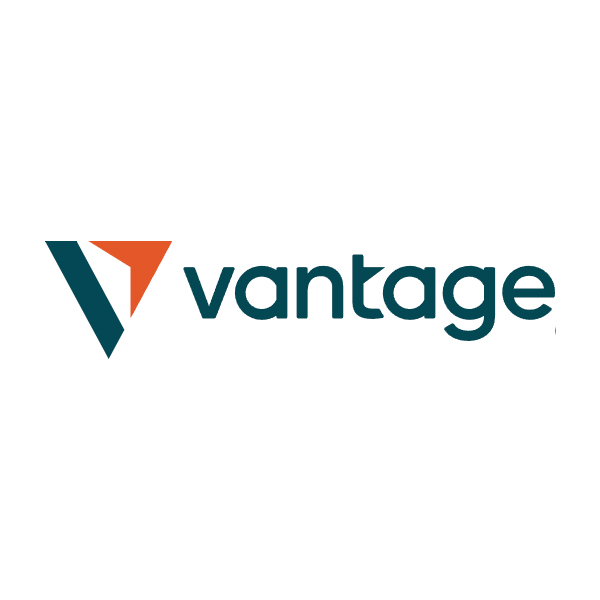
Vantage Markets
Vantage Markets provides access to CFD trading on forex, indices, commodities, shares, ETFs, and cryptocurrencies. It features advanced platforms like MetaTrader 4, MetaTrader 5, TradingView, and ProTrader, with competitive spreads and leverage options. Vantage also provides extensive educational resources, including webinars and courses, along with a demo account for practice and 24/7 customer support, making it suitable for both beginner and advanced traders.
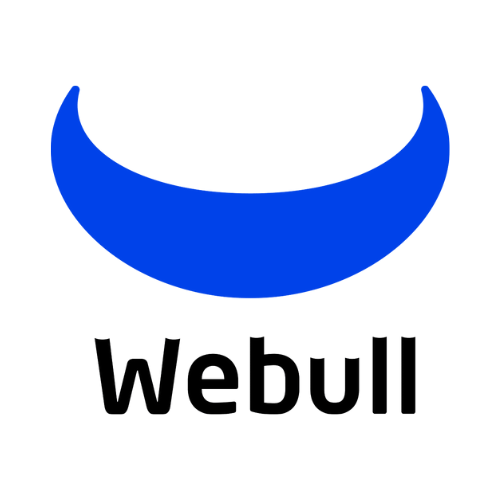
Webull
Webull offers commission-free trading on stocks, ETFs, and options, with advanced charting tools and real-time market data. It features extended trading hours, paper trading for strategy testing, and multiple account types, including Traditional, Roth, and Rollover IRAs, making it ideal for both new and experienced traders.
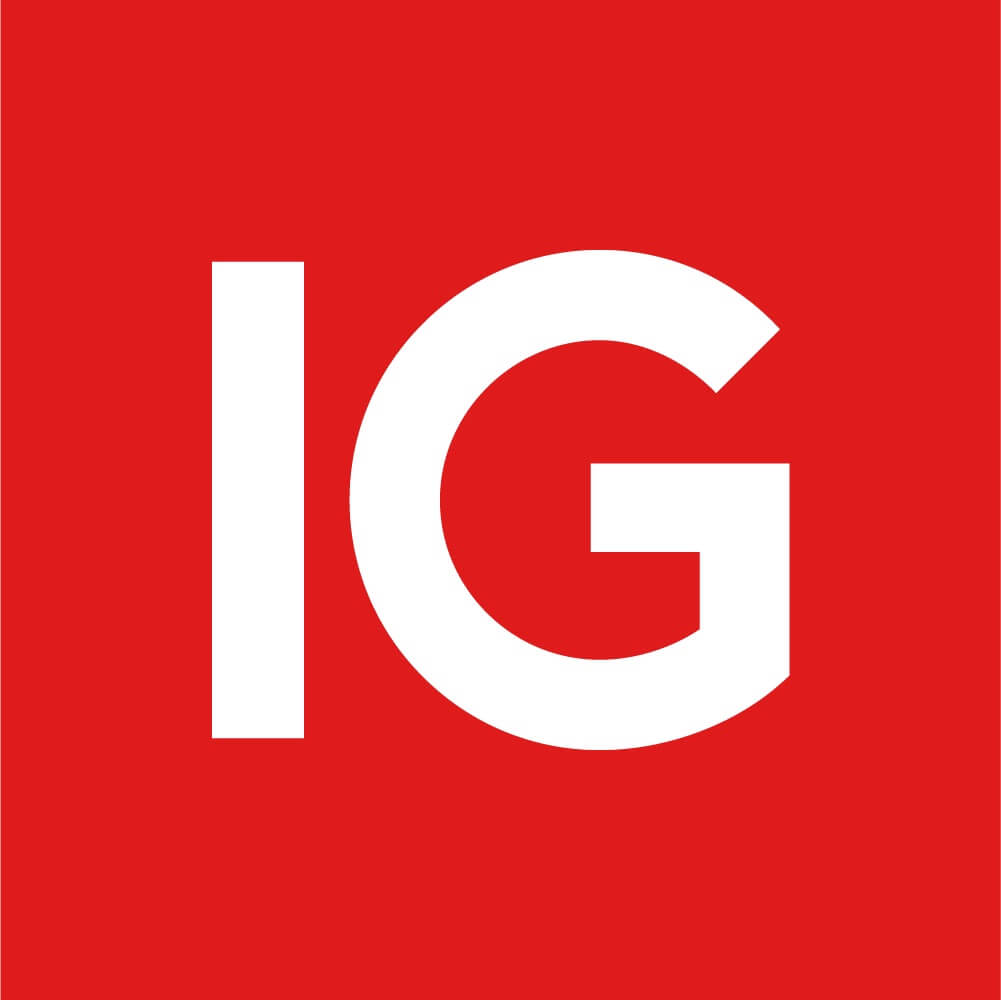
IG
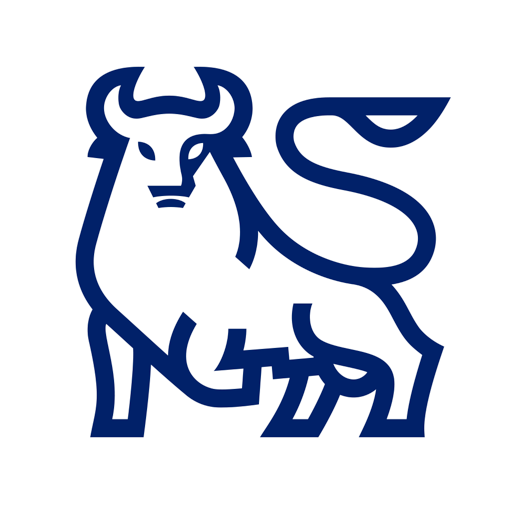
Merrill Edge
Merrill Edge provides commission-free trading on stocks, ETFs, and options, along with managed portfolios through Merrill Guided Investing. Integrated with Bank of America, it provides seamless fund transfers and advanced tools for research and trading, making it a solid choice for investors seeking both convenience and in-depth resources.
